Monday, May 14, 2012 at 10:42 AM
10:42AM
 Monday, May 14, 2012 at 10:42AM
Monday, May 14, 2012 at 10:42AM
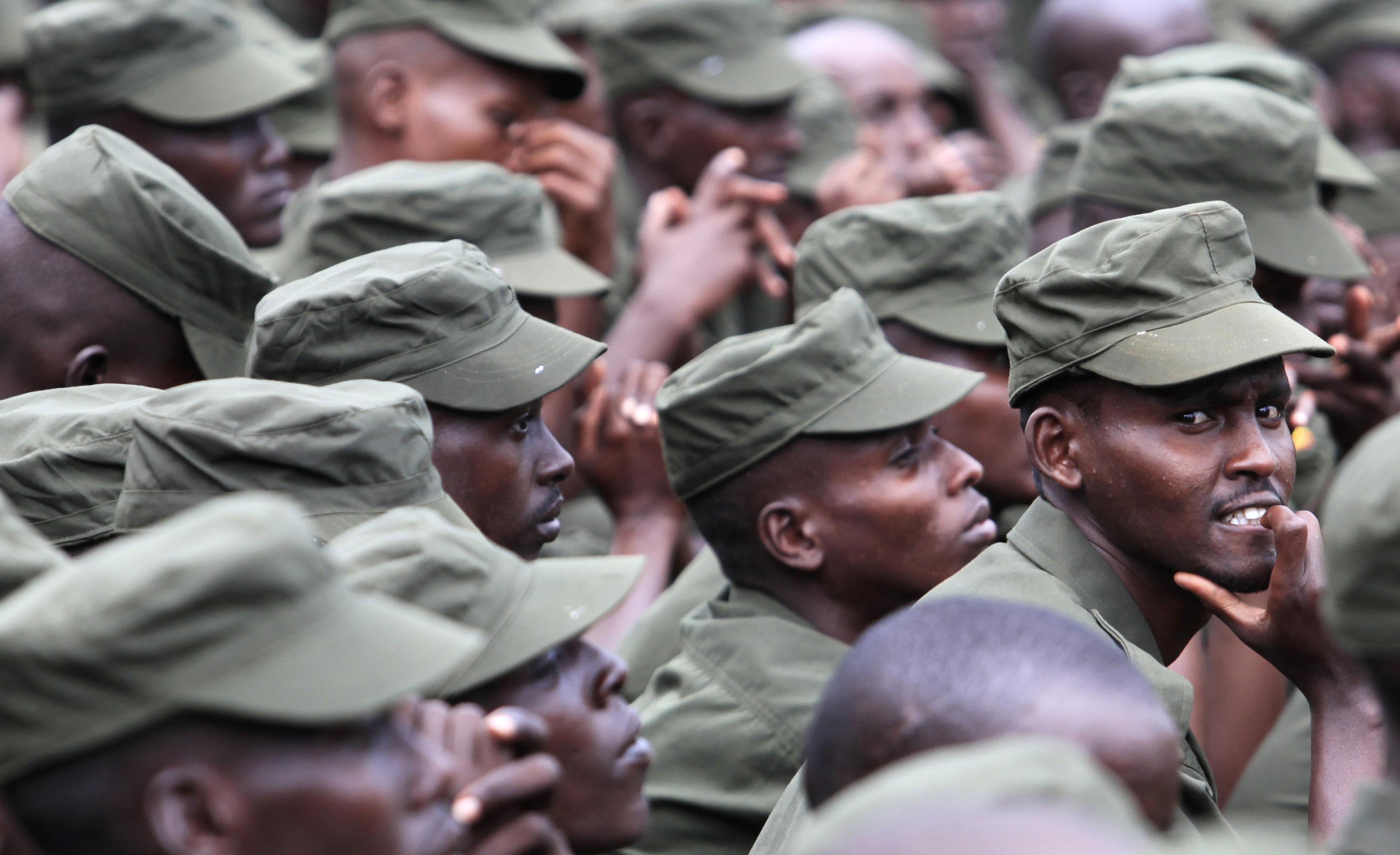 Nice Washington Post story about how the U.S. is training Ugandan soldiers (along with some from Burundi, Sierra Leone and Djibouti) in Uganda on how to do battle with Islamic extremists in Somalia – namely the al-Shabaab group affiliated with Al-Qaida.
Nice Washington Post story about how the U.S. is training Ugandan soldiers (along with some from Burundi, Sierra Leone and Djibouti) in Uganda on how to do battle with Islamic extremists in Somalia – namely the al-Shabaab group affiliated with Al-Qaida.
Read the entire post at Time's Battleland blog.

Wednesday, January 25, 2012 at 8:57 AM
8:57AM
 Wednesday, January 25, 2012 at 8:57AM
Wednesday, January 25, 2012 at 8:57AM

As Bashar Assad looks more internationally isolated by the day — and far more vulnerable to Western economic sanctions than uber-bad boy Iran — it behooves us to think through what general advantages accrue with his eventual fall. To date, most of the thinking has focused on Iran’s loss of its right-hand proxy in transmitting terror to Israel via Hamas and Hezbollah.
Read the entire post at Time's Battleland blog.

Saturday, January 14, 2012 at 12:01 AM
12:01AM
 Saturday, January 14, 2012 at 12:01AM
Saturday, January 14, 2012 at 12:01AM
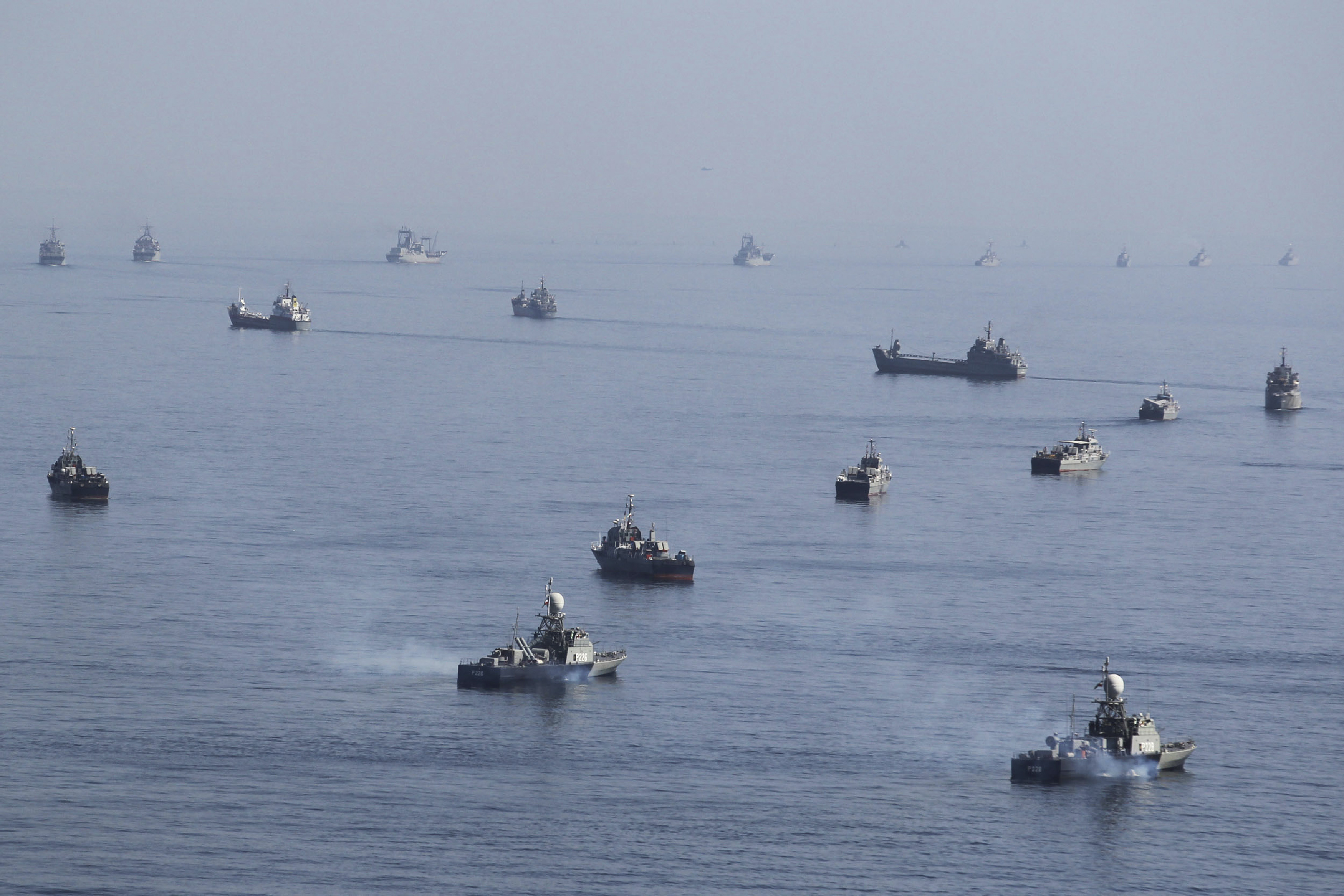 Iranian ships on exercise in Gulf
Iranian ships on exercise in Gulf
Comes from Bloomberg:
China Gets Cheaper Iran Oil as U.S. Picks Up Tab for Hormuz Straits Patrols
Brilliant huh?
Read the entire post at Time's Battleland.

Friday, January 6, 2012 at 9:45 AM
9:45AM
 Friday, January 6, 2012 at 9:45AM
Friday, January 6, 2012 at 9:45AM
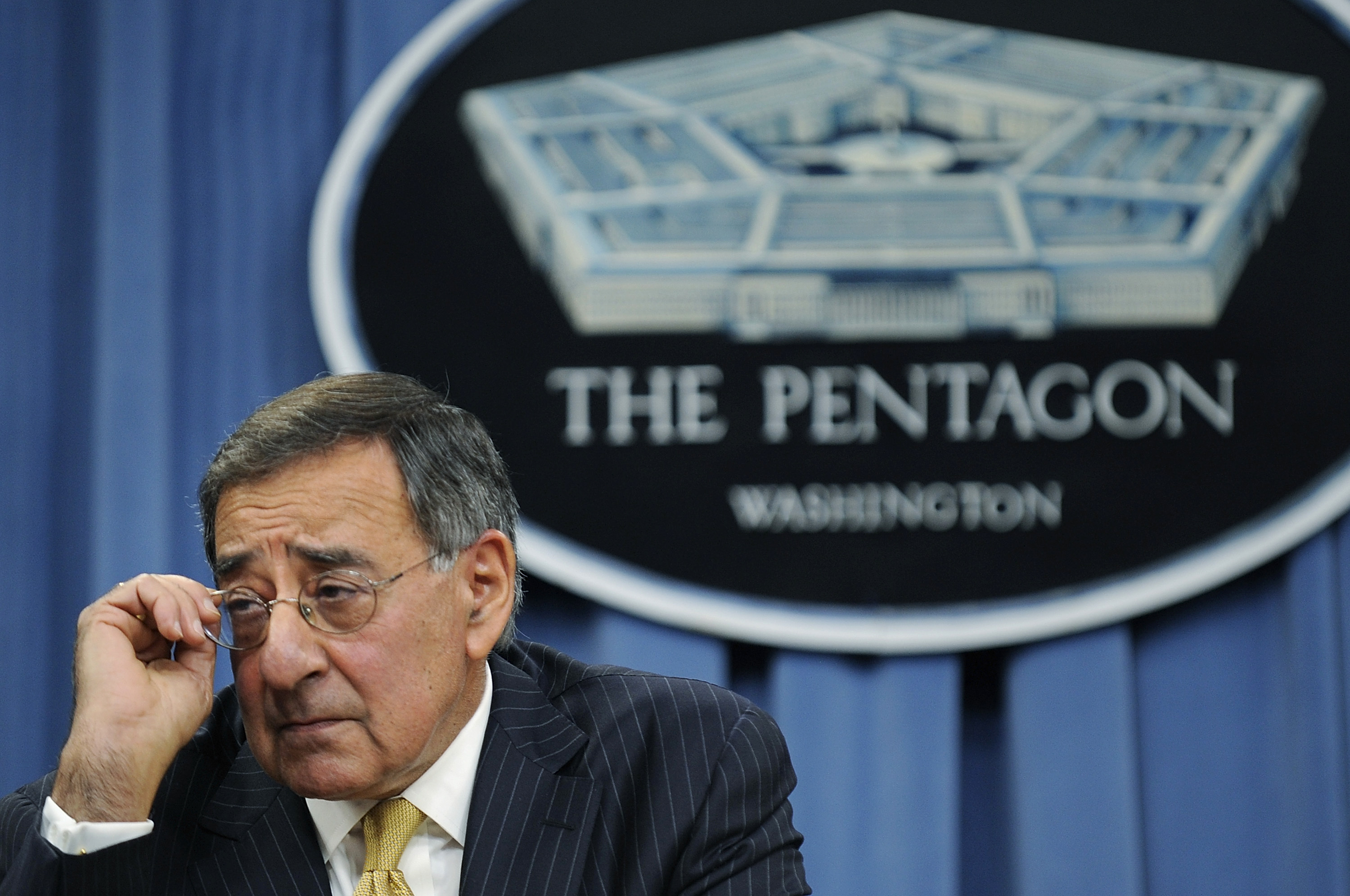
Great Washington Post piece on China’s intense desire for stability on Korean peninsula, thus the clear backing of the “Great Successor” Kim Jong Eun. Wrap-up paragraph says it all:
The notion of a democratized Korean Peninsula with U.S. troops positioned directly along the Chinese border — one scenario in a North Korean collapse — is threatening to China because of Washington’s other moves in the region. The Obama administration, describing the United States as a new “Pacific power,” has in recent months strengthened economic ties with the Southeast Asian countries it once neglected; it has also built relationships with some of Beijing’s neighbors, particularly Vietnam and Burma, threatening Chinese influence.
My company, the massively multiplayer online consultancy Wikistrat, recently ran a simulation . . .
Read the entire post at Time's Battleland blog.

Wednesday, January 4, 2012 at 12:42 PM
12:42PM
 Wednesday, January 4, 2012 at 12:42PM
Wednesday, January 4, 2012 at 12:42PM
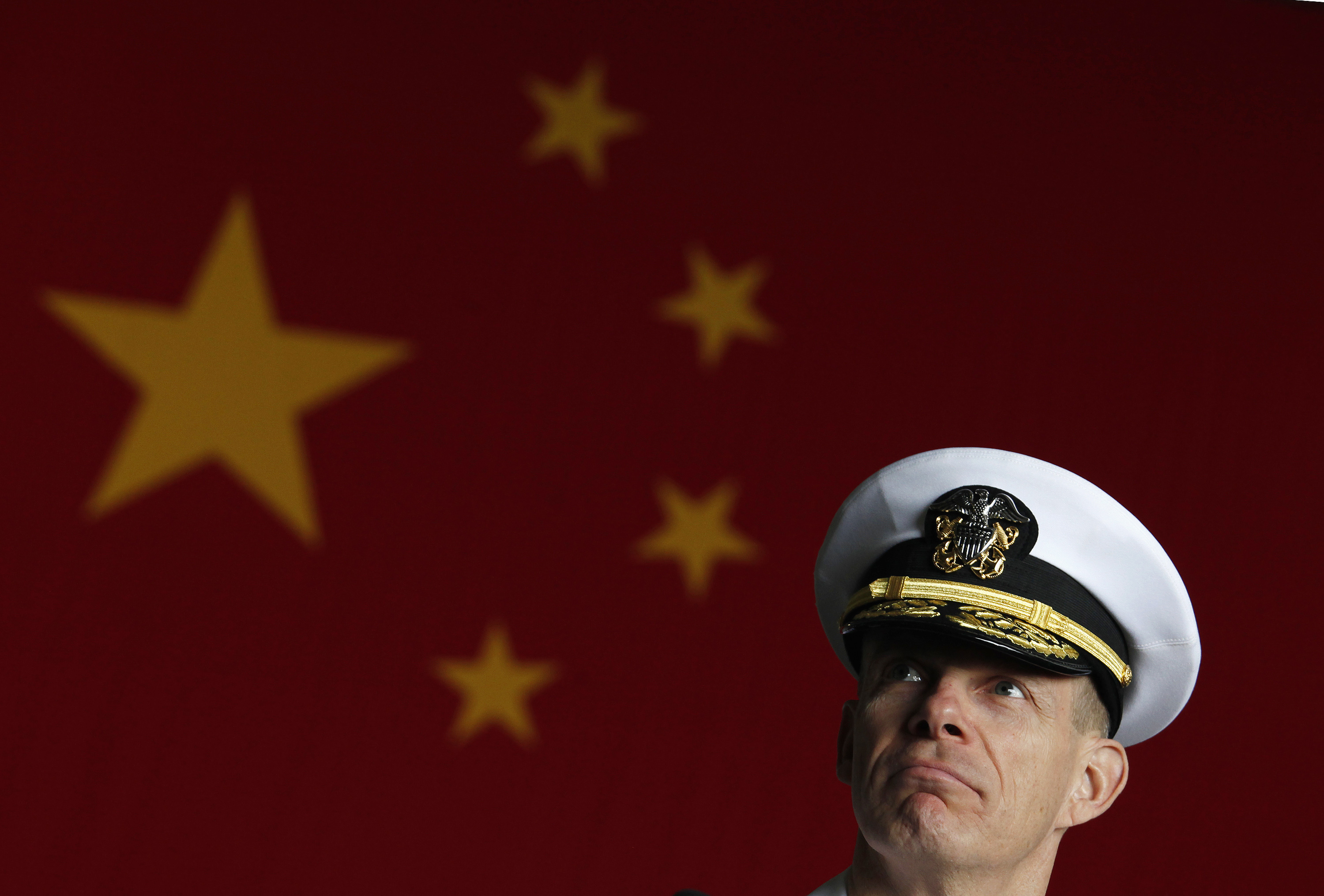
WSJ lead story about Chinese developing a ballistic missile designed to fragment - like a cluster bomb - on the deck of a U.S. carrier and wipe out all aircraft and personnel. Naturally, it's unbelievably provocative to us, because in our world view, U.S. carriers get to come right up to the coast of any nation whenever we please, bringing all that magnificent power projection to bear.
What the Chinese tell us with this development - and so many more - is that the days of the U.S. doing that off China's coast are coming to an end.
Unless we pick up the challenge, of course!
Read the entire post at Time's Battleland blog.

Tuesday, January 3, 2012 at 11:18 AM
11:18AM
 Tuesday, January 3, 2012 at 11:18AM
Tuesday, January 3, 2012 at 11:18AM
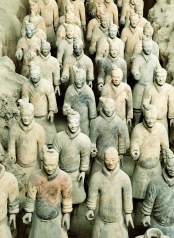 Nice piece in the NYT today previewing Secretary of Defense Leon Panetta's much-anticipated announcement of almost a half-trillion in defense cuts over the next decade.As Mark Thompson just noted, not a whole lot of details. We are told that the US military will no longer plan to fight two wars simultaneously - long a preferred fantasy. Now, it will be able to fight one big war (guess who that is), plus be able to spoil another's attempted dirty deeds (let's say Iran's counter to Israel's attack on its nuclear facilities).
Nice piece in the NYT today previewing Secretary of Defense Leon Panetta's much-anticipated announcement of almost a half-trillion in defense cuts over the next decade.As Mark Thompson just noted, not a whole lot of details. We are told that the US military will no longer plan to fight two wars simultaneously - long a preferred fantasy. Now, it will be able to fight one big war (guess who that is), plus be able to spoil another's attempted dirty deeds (let's say Iran's counter to Israel's attack on its nuclear facilities).
Read the entire post at Time's Battleland blog.

Friday, November 4, 2011 at 10:28 AM
10:28AM
 Friday, November 4, 2011 at 10:28AM
Friday, November 4, 2011 at 10:28AM
 No, that ain't the Kool-Aid.My favorite - and most frustrated - anti-nuke activist Helen Caldicott believes Fukushima drives Japan out of the industry and - by extension - kills the industry worldwide.
No, that ain't the Kool-Aid.My favorite - and most frustrated - anti-nuke activist Helen Caldicott believes Fukushima drives Japan out of the industry and - by extension - kills the industry worldwide.
Read the entire post at Time's Battleland blog.

Thursday, November 3, 2011 at 10:14 AM
10:14AM
 Thursday, November 3, 2011 at 10:14AM
Thursday, November 3, 2011 at 10:14AM

You get two variants of this logic: 1) if the US leaves Iraq, Iran wins automatically (or it's won already because the Shiite majority actually rules); and 2) even more than al-Qaeda, Iran is the real beneficiary of the Arab Spring.
Both judgments are wrong in the way that America's capacity for frantic self-doubt and self-blame are routinely wrong.
Read the entire post at Time's Battleland blog.

Friday, October 21, 2011 at 12:49 PM
12:49PM
 Friday, October 21, 2011 at 12:49PM
Friday, October 21, 2011 at 12:49PM

[co-written with Michael S. Smith II of Kronos Advisory LLC]
The demise of Col Qaddafi, a despicable despot who should have met this or a worse fate sooner, will likely give rise to power grabs in Libya by groups whose agendas will often be anything other than what meets the eye. Despite many power holders' claims of “secularist” and democratic aims, Washington's policy makers would be wise to exercise great caution when assessing who should be trusted inside Libya. For, at present, it would appear Libya is taking on a political atmosphere that will carry a high Salafist quotient.
Read the entire post at Time's Battleland.

Tuesday, October 18, 2011 at 12:02 AM
12:02AM
 Tuesday, October 18, 2011 at 12:02AM
Tuesday, October 18, 2011 at 12:02AM
 Ugandan forces (Reuters)
Ugandan forces (Reuters)
WAPO and NYT reporting over the weekend that the US will send around 100 armed advisers to help the Ugandan military work the stubborn problem of the Lord's Resistance Army, a beyond-its-expiration-date insurgency that's terrorized rural populations across four states for a couple of decades now. These guys really are the worst of the worst, engaging in atrocities galore, mass rape as a tool of terror, and the forced recruitment of child soldiers. They check every box on war crimes.
Read the entire post at Time's Battleland.

Thursday, October 6, 2011 at 9:09 AM
9:09AM
 Thursday, October 6, 2011 at 9:09AM
Thursday, October 6, 2011 at 9:09AM

Nice piece in the NYT at the end of September pointing out that the primary impact of the Arab Spring is that, in giving people chances to rule themselves and not be subject to dictators, Islamic activists find themselves splintering from within . . .
Read the entire post at Time's Battleland.

Wednesday, September 21, 2011 at 8:53 AM
8:53AM
 Wednesday, September 21, 2011 at 8:53AM
Wednesday, September 21, 2011 at 8:53AM
 In 2007, I wrote the first definitive piece for Esquire on the kernel code for Africom: namely, the Combined Joint Task Force - Horn of Africa. Back then, I described it as essentially a non-kinetic force, or no "trigger pullers." But the piece led off with a quick summary of a special ops event that occurred in conjunction with Ethiopia's military intervention in Somalia. So when the deputy commander of CJTF-HOA said that the command had "never fired a shot in anger," he was being truthful in a bureaucratic sense. Back then, HOA didn't kill bad guys on the Horn, SOCCENT [Special Operations Command, Central Command] killed bad guys on the Horn.
In 2007, I wrote the first definitive piece for Esquire on the kernel code for Africom: namely, the Combined Joint Task Force - Horn of Africa. Back then, I described it as essentially a non-kinetic force, or no "trigger pullers." But the piece led off with a quick summary of a special ops event that occurred in conjunction with Ethiopia's military intervention in Somalia. So when the deputy commander of CJTF-HOA said that the command had "never fired a shot in anger," he was being truthful in a bureaucratic sense. Back then, HOA didn't kill bad guys on the Horn, SOCCENT [Special Operations Command, Central Command] killed bad guys on the Horn.
Read the entire post at Time's Battleland.

Tuesday, September 20, 2011 at 9:02 AM
9:02AM
 Tuesday, September 20, 2011 at 9:02AM
Tuesday, September 20, 2011 at 9:02AM
 Coming to a theater near them
Coming to a theater near them
Interesting WAPO piece today on advances in drone technology, the basic line being, we're not all that far from drones doing their killing on their own. Story leads with a description of a successful test wherein drones communicate with each other and zero in on a colored object. You can easily do the extrapolation to face-recognition technology . . .
Read the entire post at Time's Battleland.

Wednesday, September 7, 2011 at 8:31 AM
8:31AM
 Wednesday, September 7, 2011 at 8:31AM
Wednesday, September 7, 2011 at 8:31AM

Philip Stephens of the Financial Times recently pens a rather pessimistic piece on what Libya said about "Britain's pretensions of influence." Noting that the "campaign has stretched the armed forces to their limit," he calls it a "last hurrah." Now, the underlying tone of the piece is his criticism of PM David Cameron's desire to pursue a foreign policy more independent of both the US and EU, thus reaching out to the emerging powers, but his overall use of the Libyan intervention got me thinking: isn't this what we've always wanted in terms of a balanced world?
Read the entire post at Time's Battleland.

Monday, August 29, 2011 at 11:21 AM
11:21AM
 Monday, August 29, 2011 at 11:21AM
Monday, August 29, 2011 at 11:21AM
 Qaddafi's handiwork
Qaddafi's handiwork
NOTE: No World Politics Review column this week as journal shuts down for its summer break.
Nice NYT analytic piece (already cited by Mark Thompson) by Helene Cooper and Steven Lee Myers regarding the downstream legacy of the US involvement in Libya to date. Starts off by saying the Obama White House seeks no doctrine definition because it fears being pulled into inappropriate situations, but, of course, that's what a doctrine is supposed to do - delineate those cases. Bad doctrines tend to be too vague and open-ended (George W. Bush's WRT terror), while better ones tend to be fairly specific (Jimmy Carter's WRT the Persian Gulf).
Read the entire post at Time's Battleland.

Sunday, August 28, 2011 at 8:44 AM
8:44AM
 Sunday, August 28, 2011 at 8:44AM
Sunday, August 28, 2011 at 8:44AM
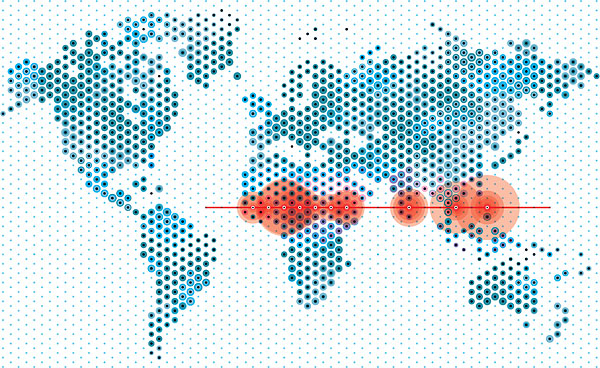
Good book on the observation of a religious fault line between the predominantly Muslim north and the predominantly Christian/other south of Africa:
"Dispatches From the Fault Line Between Christianity and Islam" by Eliza Griswold.
Find the book here on Amazon.
Find the NYT review here.
Read the entire post at Time's Battleland.

Friday, August 26, 2011 at 10:04 AM
10:04AM
 Friday, August 26, 2011 at 10:04AM
Friday, August 26, 2011 at 10:04AM

The militant Islamic group of north Nigeria, known as Boko Harum, takes credit for the deadly car-bomb attack on a police station in the capital city of Abuja yesterday.
You might not think of West Africa as a likely site for radical Muslim violence, but the map on the left, which I use in my current "global futures" brief, may clear things up a bit when you hear about this, the recent north-south election standoff in Ivory Coast, or al-Shabaab violence extending over to Uganda.
Read more at Time's Battleland blog.

Thursday, August 25, 2011 at 9:27 AM
9:27AM
 Thursday, August 25, 2011 at 9:27AM
Thursday, August 25, 2011 at 9:27AM
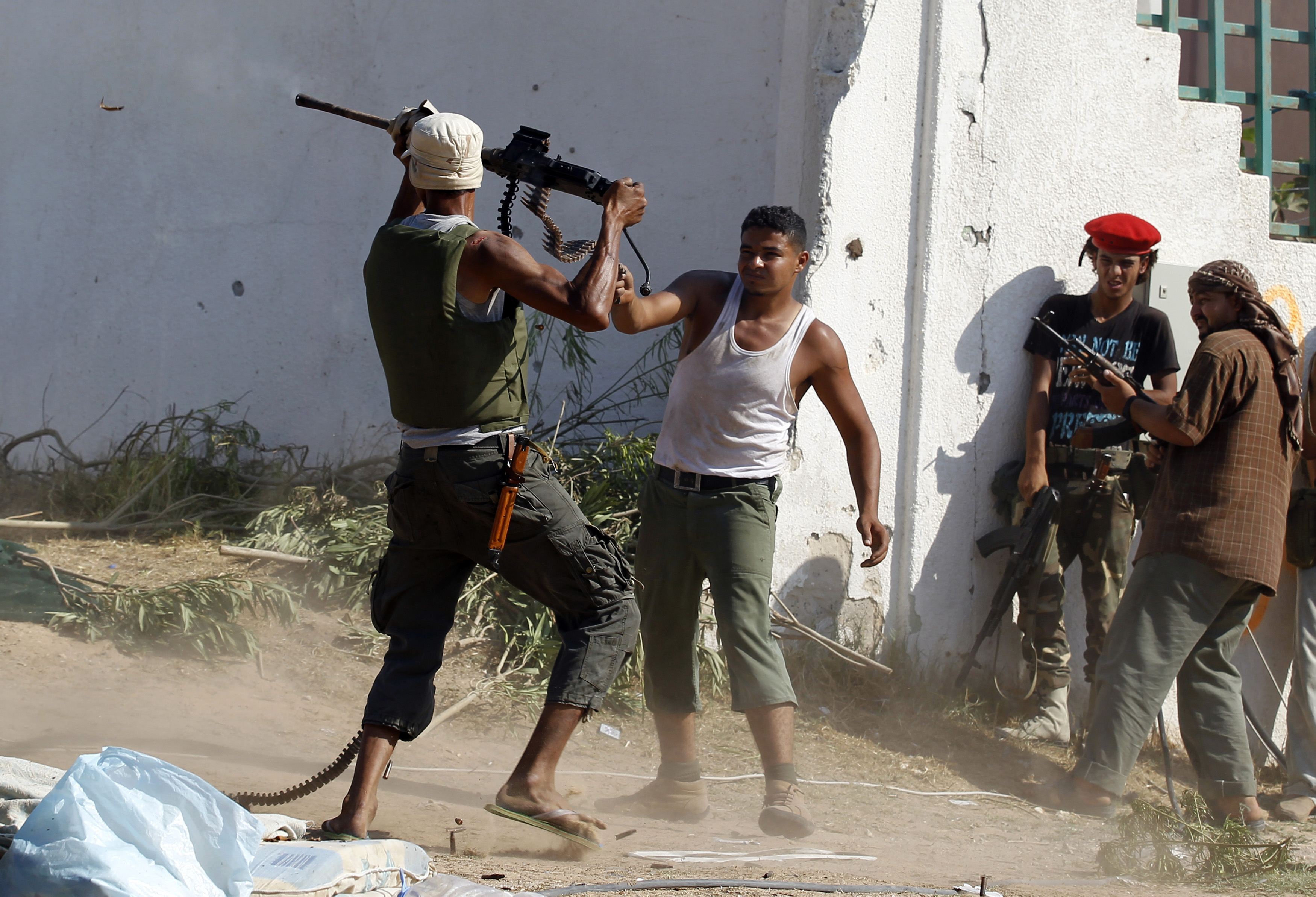 Careful where you aim that weapon, buddy!
Careful where you aim that weapon, buddy!
That phrase, with its powerful imagery, was often tossed at me following the publication of my 2004 book, The Pentagon's New Map. In it, I argued that globalization's expansion was, and would continue to be, the primary cause of unrest and conflict in the world, as connectivity - in all its forms - extended itself into the non-integrated regions and triggered rising expectations (as in, "If the Indians and Chinese are getting richer, then why do we continue to submit to this incompetent government that keeps us unduly disconnected from all that opportunity?").
Read the entire post at Time's Battleland.

Tuesday, August 23, 2011 at 1:21 PM
1:21PM
 Tuesday, August 23, 2011 at 1:21PM
Tuesday, August 23, 2011 at 1:21PM
 Couldn't afford the upkeep, so it's yours now, kid!
Couldn't afford the upkeep, so it's yours now, kid!
It's interesting to think back to the start of the global economic crisis, when there were a lot of assumptions voiced about how a rising quotient of international tension would inevitably morph into more conflicts and thus more traditionally focused defense spending – i.e., great powers hedging against one another versus, say, non-state actors or state failure. If we were on the verge of the second Great Depression, then certainly we'd find ourselves in a 1930s-like march toward significant great-power struggles, yes? With the Arab Spring providing the tinder for a great-power free-for-all?
So what have we found so far?
Read the entire post at Time's Battleland.

Tuesday, August 16, 2011 at 12:44 PM
12:44PM
 Tuesday, August 16, 2011 at 12:44PM
Tuesday, August 16, 2011 at 12:44PM
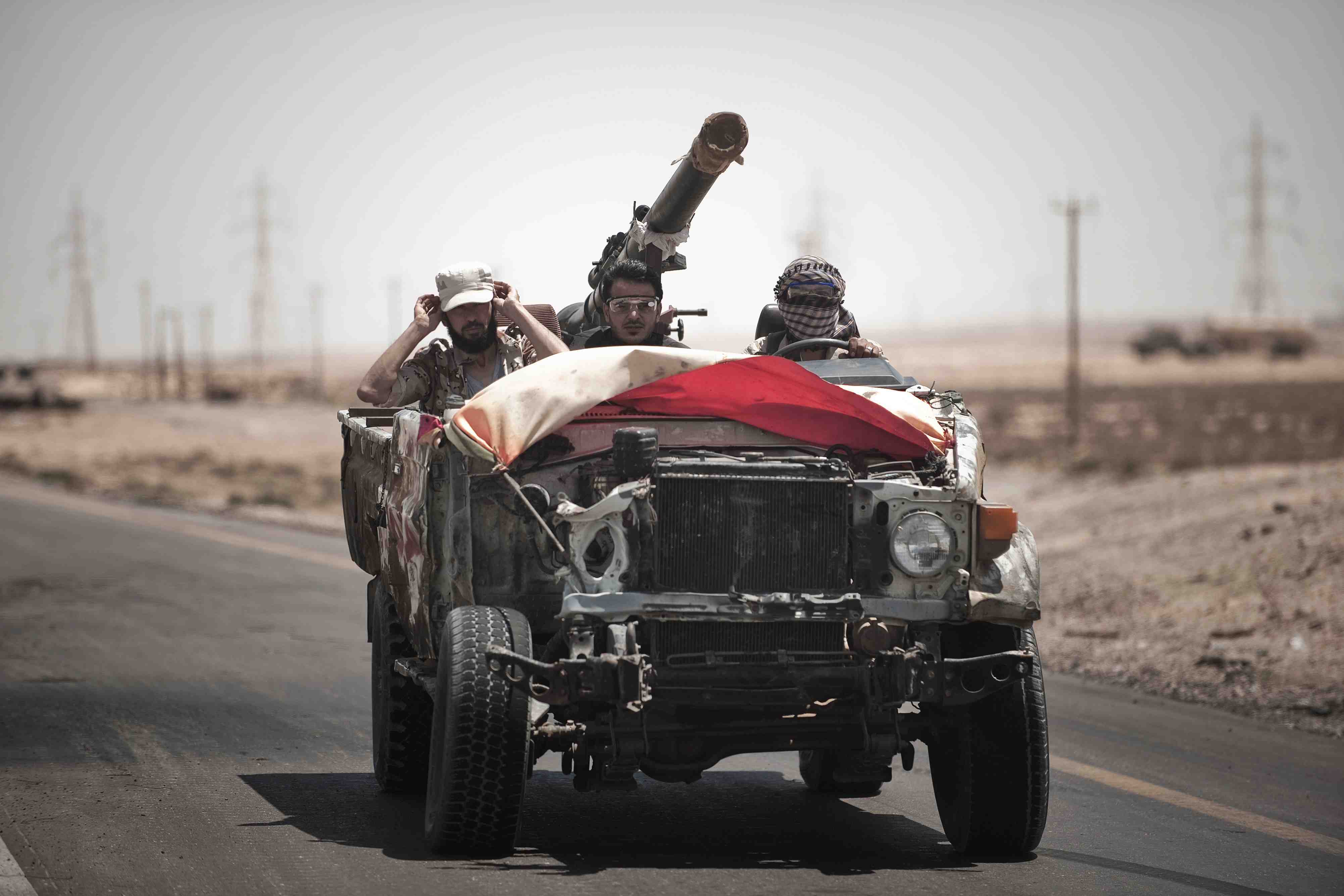 Soon to be re-joined by their Chinese comrades!
Soon to be re-joined by their Chinese comrades!
That's how I like to describe it. Whether we like it or not - much less admit it, every time we show up somewhere in tumult, the Chinese are already there or soon to show up. They will be making the big investments (like that $3-4B on a copper mine in Afghanistan) and they will be winning the big extractive contracts (like with both the Kurdish Regional Government and Baghdad in Iraq). Paraphrasing Buckaroo Banzai, "No matter where we go, there they are." You can call it free-riding and label it clever competition, but it's more complimentary than we in the West care to admit, because after the bombs stop, somebody has to rebuild and who are more incentivized than those resource-ravenous Chinese?
Read the entire post at Time's Battleland blog.

 Monday, May 14, 2012 at 10:42AM
Monday, May 14, 2012 at 10:42AM Nice Washington Post story about how the U.S. is training Ugandan soldiers (along with some from Burundi, Sierra Leone and Djibouti) in Uganda on how to do battle with Islamic extremists in Somalia – namely the al-Shabaab group affiliated with Al-Qaida.

 Africa,
Africa,  Africom,
Africom,  US Military | in
US Military | in  Time's Battleland |
Time's Battleland |  Email Article |
Email Article |  Permalink |
Permalink |  Print Article
Print Article 















































